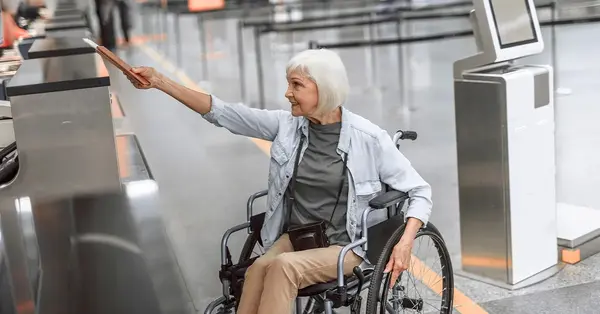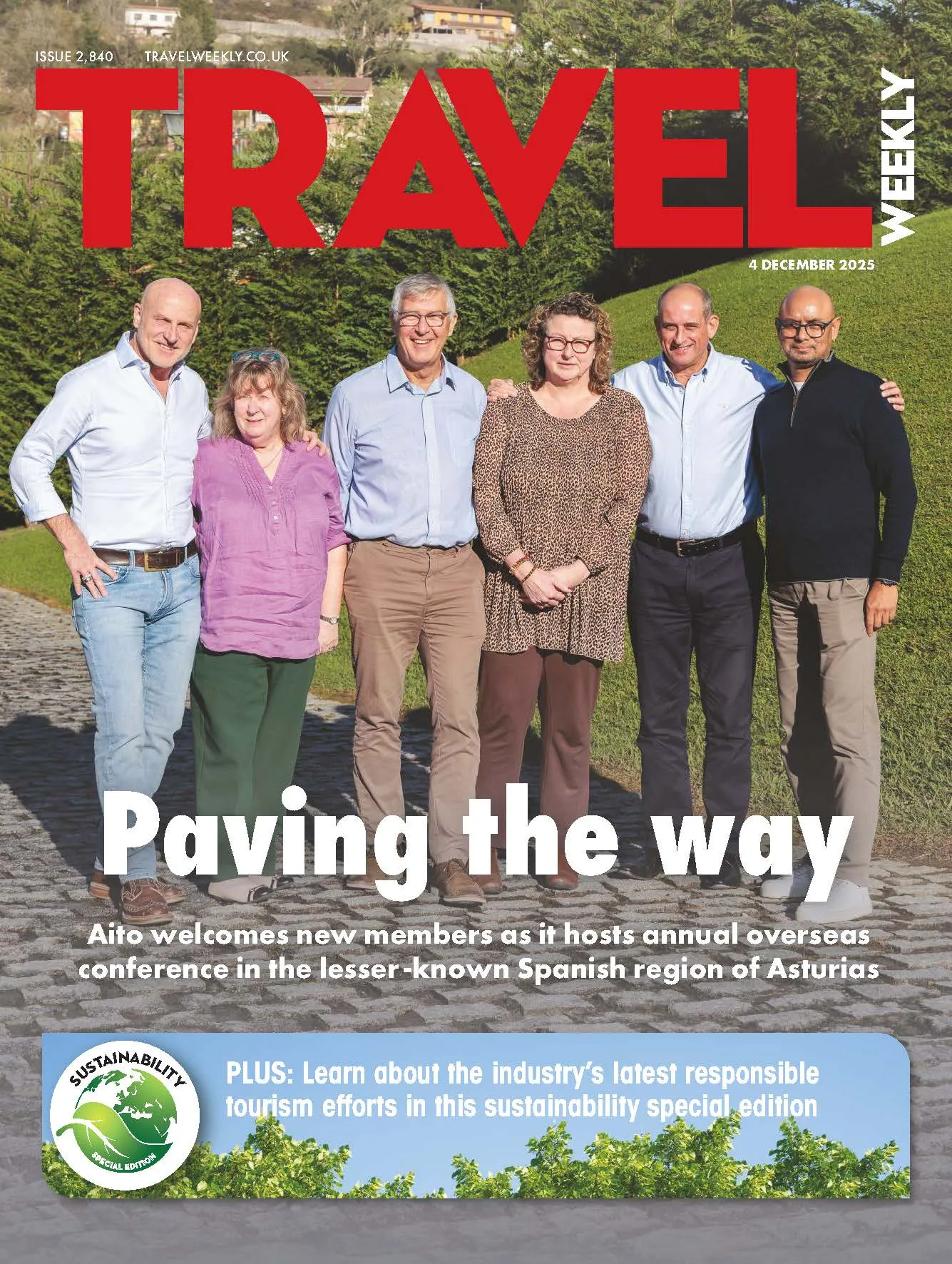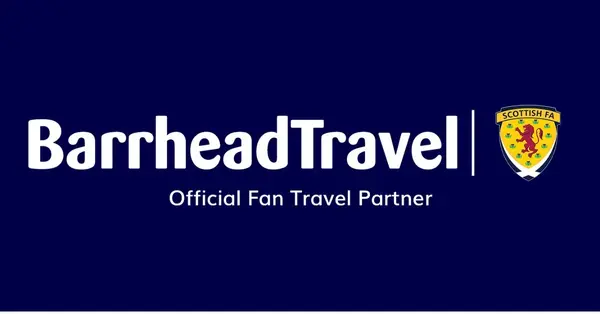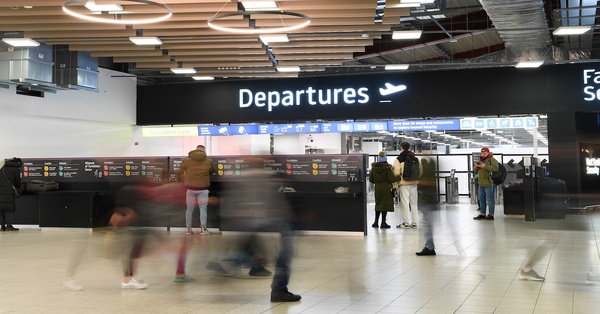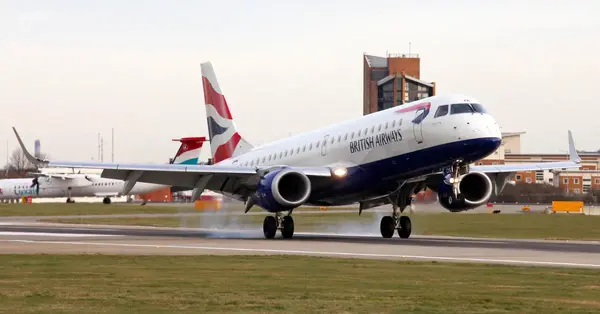Travel agents and airlines experience ‘surge’ in chargebacks
A global survey of airline and travel agency executives suggests a sharp rise in chargebacks by customers during and since the pandemic.
The survey of ‘senior leaders’ with responsibility for chargeback management found 71% reported recent growth in chargebacks, with disputes “surging at a rate of around 30%” year on year.
The research was carried out by payments business Outpayce, which is owned by travel technology company Amadeus.
It involved only 46 respondents, but more than half handled in excess of €500 million in annual revenue.
Almost two thirds of the respondents (62%) suggested travellers perceive chargebacks as easier than seeking a refund and half (56%) highlighted increased traveller awareness of the chargeback process.
One in four firms reported success in disputing chargebacks in more than 60% of disputes, but almost half saw less than 40% of disputes awarded in their favour.
Cardholders can dispute a payment transaction by raising a ‘chargeback’ via the bank that issued their card. This triggers a standard dispute process.
If a travel merchant is unable to provide the evidence required by the card issuer in the time allowed, the funds are automatically returned to the cardholder.
Tania Platt, commercial senior vice president at Outpayce from Amadeus, said: “Travel companies are finding it hard to handle the volume of disputes they’re seeing.
“A requirement to invest in additional skilled resources coupled with difficulty collecting the travel and payments information needed to contest chargebacks are resulting in low success rates.”
She suggested the industry needs to consider “how it can industrialise chargeback management”, saying: “When we look at an airline, throughout the transaction process the airline knows if the cardholder authenticated, knows if the payment was authorised, knows if its T&Cs were presented and if the traveller boarded the plane.
“The difficult part is collating the information in a timely manner to contest those chargebacks where the travel merchant isn’t at fault.”
Two thirds of respondents agreed that speedy provision of information such as payment authorisation and proof the passenger boarded the plane would increase their firm’s efficiency in managing chargebacks.
The survey was carried out in March and April this year.





